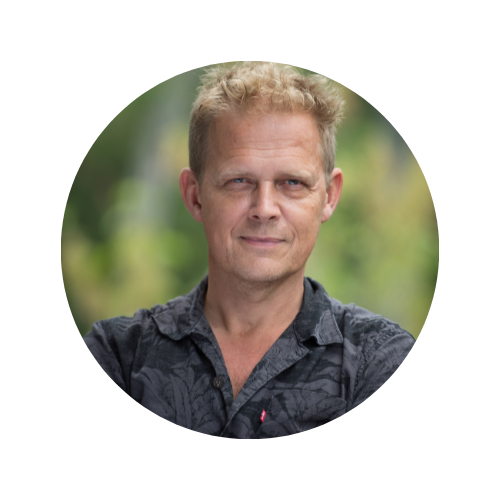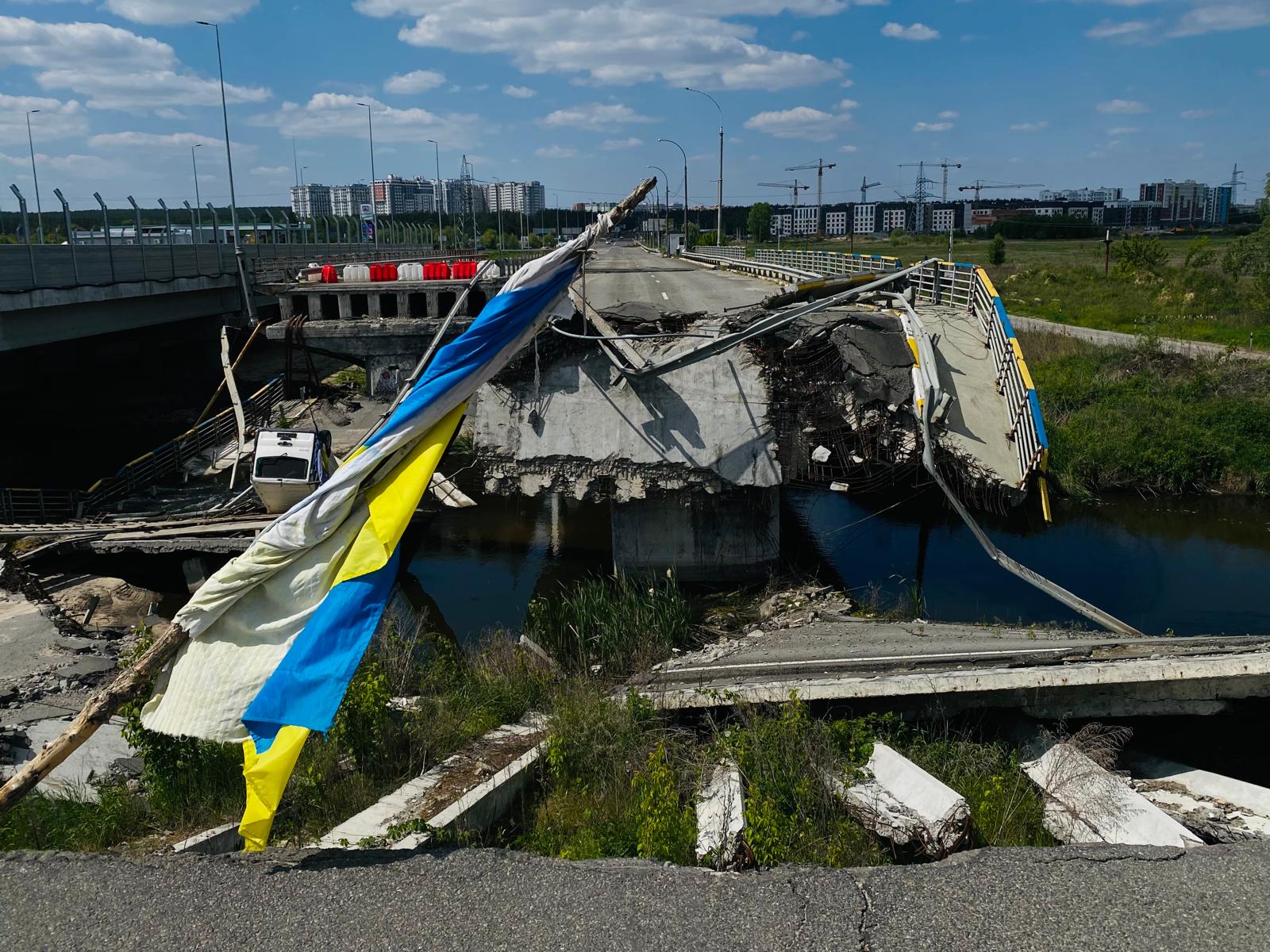A few days after Russia invaded Ukraine in February 2022, I arrived on the border of Ukraine and Poland along with my former UN colleagues to pitch in with assistance. Hundreds of thousands of Ukrainians were streaming across the border, guided into Poland with great sensitivity by the usually brusque Polish border guards. The long lines of Ukrainian civilians, wrapped up against the freeze and clutching their household pets, were largely hushed, too exhausted to do more than quietly talk among themselves as they waited patiently to pass the border gates.
On the other side of the border that day, the Poles opened their doors instantly. In the border town of Premysl, virtually every household took in families of refugees. The town’s population doubled overnight. At one stage a special train pulled in from Ukraine, and dozens of Polish troops gently carried scores of severely disabled children to buses for onward refuge in Polish shelters, away from the savage attack which had forced them from their homes. For those watching in shock at the fragility of that passenger manifest, it seemed an arctic silence had closed over us all.
The first people to help Ukrainians were Ukrainians themselves. Western Ukrainians formed soup kitchens and sandwich lines for those fleeing the Russian attacks on the east and centre. They opened their homes, drove people to the border, and joined the spontaneous citizen defence groups which stood sentinel at crossroads, alert to Russian saboteurs and infiltrators. Today, every Ukrainian continues to be affected. At 35 million, Ukraine’s population is not too much more than Australia’s. Well over a hundred thousand men and women have probably been killed and wounded fighting (the figures are secret).
Two years later, and now heading a small-circle philanthropic group called Planet Humana, I’ve been in Ukraine for the past few weeks, determining for myself how we can best help our allies defend themselves. The chaos and spontaneity of aid during those first weeks have changed significantly. Just as Ukraine’s army is now one of the world’s most battle-hardened (albeit utterly exhausted), so too has their aid sector evolved. Many NFPs or NGOs have consolidated into highly professional organisations doing everything from rescuing the elderly under fire, to trying to save the dolphin population apparently decimated by Russian aggression in the Black Sea (the Ukrainians accuse Russia of ecocide).
To my surprise, however, much today is still driven by volunteerism, personal sacrifice, organised humanitarianism in the face of extreme danger, and agile small responder units as frontlines shift and the emphasis of help for wounded troops and civilians morphs. War’s necessities drive tremendous innovation as people fight for their family, homes, orchards and fields. Whatever the miscalculations and illusions of President Putin, he entirely under-estimated the Ukrainian national will to defend their independence – which includes those Ukrainians who identify with Ukrainian heritage as well as those who identify as culturally Russian Ukrainians.
Military analysts confirm what we already knew: the failure of the US and EU to adequately equip Ukraine’s forces during the past winter has led to the Russian breakthrough which now threatens Ukraine’s second largest city, Kharkiv. So even those organisations most vulnerable to an already arid aid funding landscape acknowledge that their efforts will be largely futile if Ukraine is not fully armed and defended. Even those caring for the elderly, the disabled, and the poor know that a large proportion of funds must be directed to the front, because their husbands, sons and daughters, and even grandparents are doing the fighting.
Accordingly, we’ve decided to spread our funds to emphasize the physical and mental survival of wounded soldiers and civilians, as well as some groups starved for assistance because of that very emphasis. Because manpower is so short, soldiers and wounded aid workers are cycled through recovery at breakneck speed and often sent straight back to the front. Moreover, for those invalided out, we think it’s vital that these people can return to their families to form the foundations for a renewed Ukrainian society which may, eventually, rebuild this country block-by-block as a democratic guardrail on Europe’s eastern flank.
Although we are mostly targeting some agile groups serving frontline areas (such as animal rescue groups and more discreet combat medical teams), Australians already form the backbone of support for Kyiv’s Institute of Rehabilitation, which treats more than 100 soldiers and wounded civilians every day. When I was there last week, I asked Dima, 25 years-old and wounded by tank shrapnel, whether he would return to the front. “Well,” he laughed, “for you, the answer is yes, but for my girlfriend the answer is no. She’ll kill me.” It’s the kind of true grit which is fortifying Europe’s second greatest democratic expanse by land size against the advance of authoritarianism.
Ukrainians consistently thank me for being here. I’ve learned to quickly stop them, and to tell them that it is for those of us who believe in a people’s right to self-determination, and who abhor the sight of one country bludgeoning another for a twisted notion of historical determinism, to do the thanking. Australians who wish to fortify Ukrainian lines, and their whole-of-society resistance, and to help Ukraine uphold the laws we hoped would bind and preserve our world after the unrestrained slaughters of World War Two, can best help by funding the medical and therapeutic treatment of these courageous people.
Video: a short film piece from the Kyiv Rehabilitation Center with footage recently taken by Gordon
———————————————-

Gordon Weiss heads the Planet Humana group. He has worked with the UN, the OSCE, and in government service for three decades, focused on multi-faceted peacekeeping, political, and humanitarian crises in some of the world’s most fragile zones. He was boots-on-the-ground in dozens of conflict countries, including first response operations. He is the author of “The Cage: The Fight for Sri Lanka and the Last Days of the Tamil Tigers.”
Planet Humana is a new, small, low-cost philanthropy backed by High Net Worth individuals, founded to combine robust advocacy along with the active funding of grassroots groups which are responding to live issues. Learn more about Planet Humana here: https://www.planethumana.org/
*Feature image at top of piece: the famous Bucha/Irpin bridge.
